Dance Science
Bachelor of
Science in
Dance Science
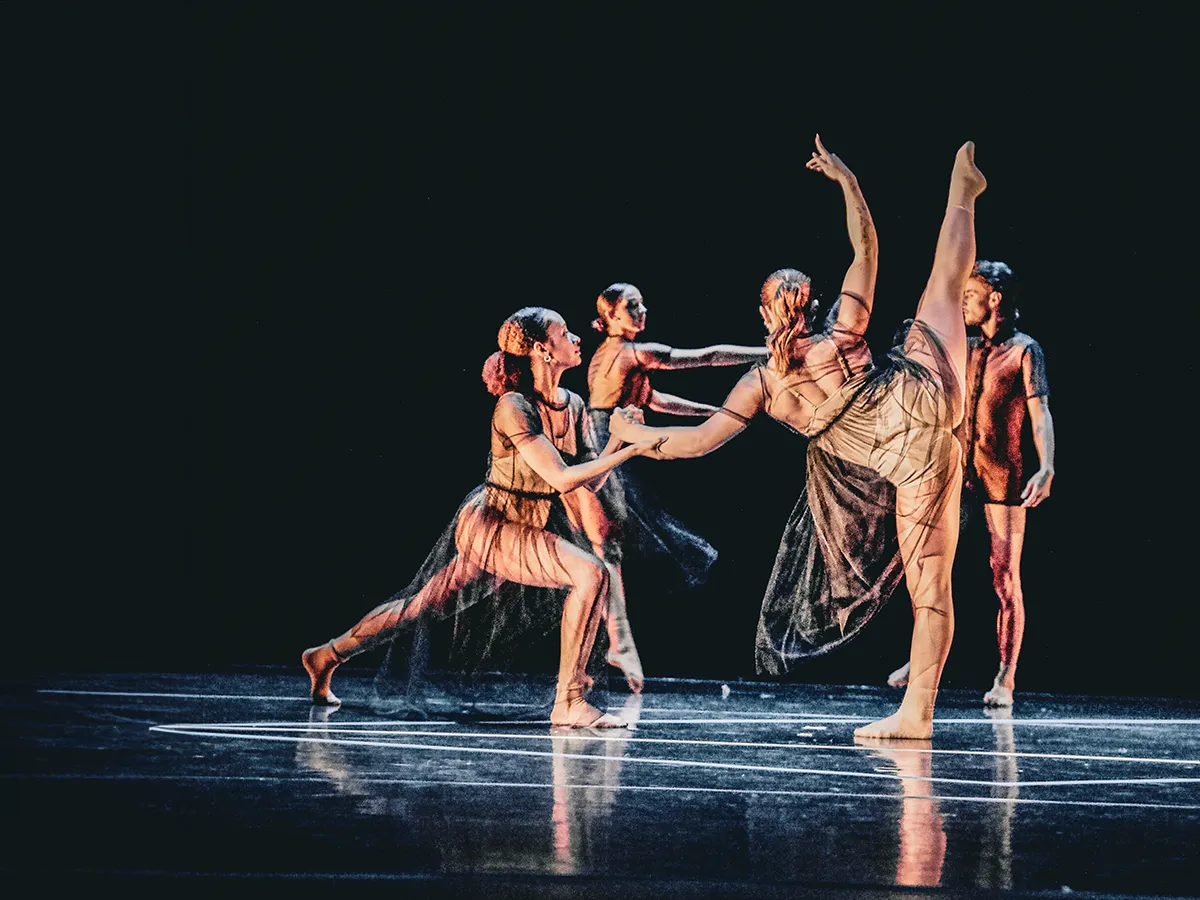
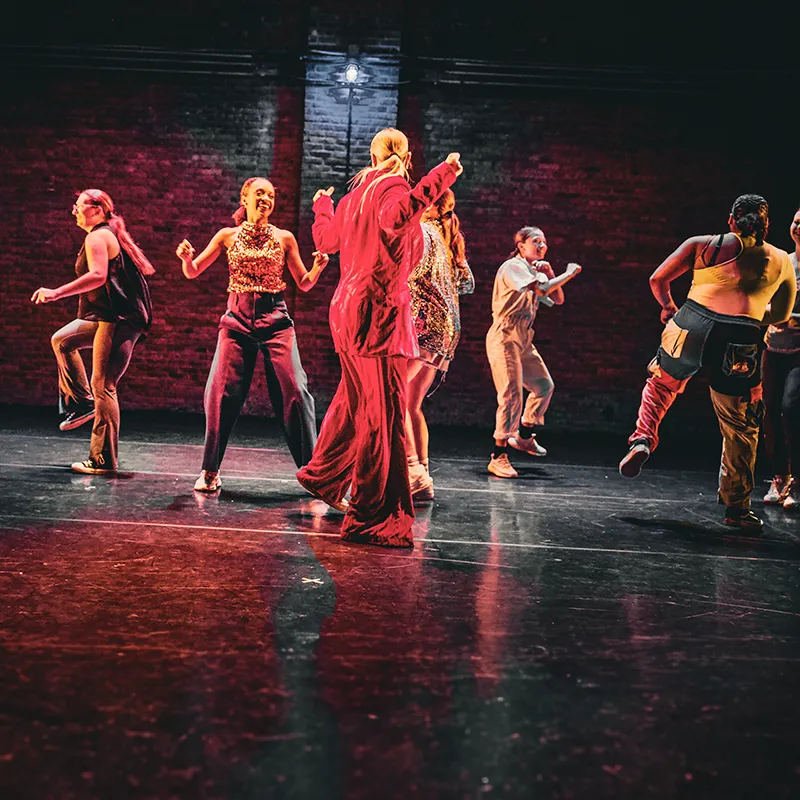
Bachelor of Science in Dance Science
Dance science is an interdisciplinary major that combines the art and creativity of dance with exercise science and integrative health. Dancers graduating from this program—one of just a few in the U.S.—will enhance their dance artistry, creativity, physicality, and scientific understanding of human movement, performance, and wellness.
With a dance science degree from GCU, you’ll be prepared to dance professionally across multiple modalities as an “aesthetic athlete” while taking proactive steps to maximize your physical and mental wellbeing, overall health, and career longevity.
GCU’s dance science program provides a strong foundation in exercise science, physiology, anatomy, and global, holistic approaches to health and wellness. Graduates can work as performers and/or coaches, therapists, teachers, and trainers, helping others to be and feel their best as they extend and expand their own career opportunities.
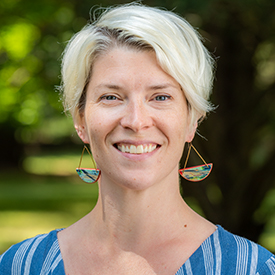
Why Study Dance Science at GCU?
- Our program features a global, holistic perspective to exercise science and integrative health as it relates to dance movement, conditioning, training, and performance.
- GCU’s dance courses emphasize the mind-body connection by blending diverse dance modalities with a focus on rhythm, physicality, creativity, and non-traditional dance forms like hip-hop.
- Small class sizes—typically 12 or less—allow for students to input on the selection of guest artists and master classes throughout their coursework.
- GCU’s faculty in dance science bring expertise and experience in choreography, performance art, multiple dance forms, dance curation, biomechanics, exercise physiology, nutrition, muscle biology, the use of technology in training, Tai Chi and Qigong, rehabilitation and movement sciences, and more.
- Train in highly accessible, spacious, and beautiful studio spaces.
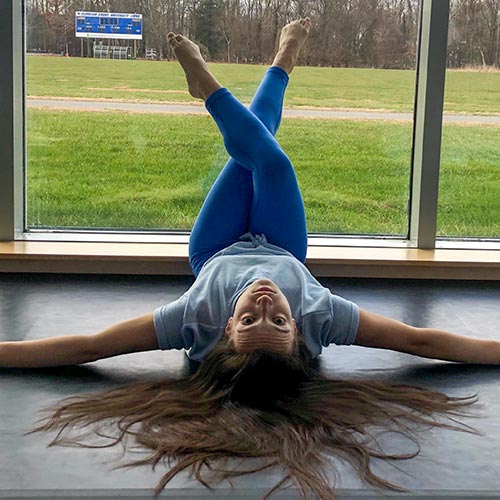
What Students Might Be Interested in Dance Science?
Students passionate about dance who are interested in enhancing their dance artistry and movement performance, broadening their career options, and promoting mental and physical health and wellness for themselves and others are a great fit for a dance science program.
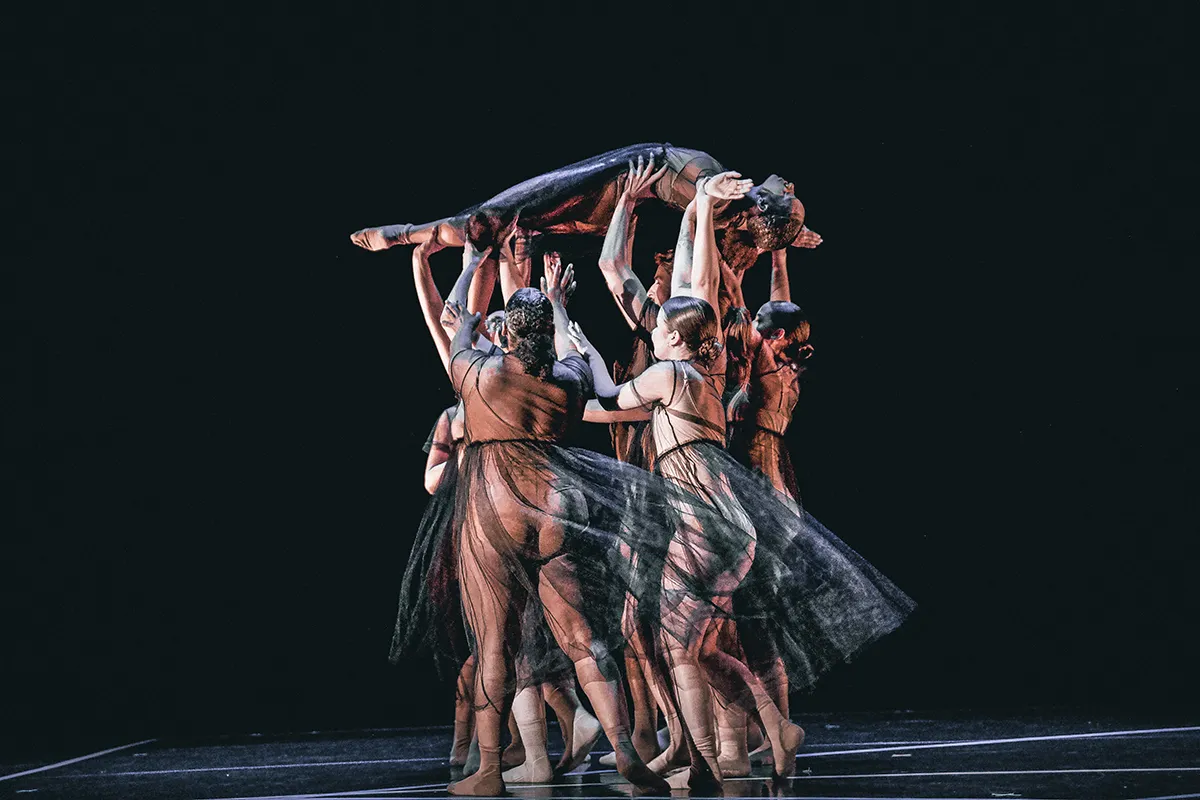
What Can I do with a Dance Science Degree?
Many of the occupations supported by a dance science degree are expected to grow by 12% to 19% between 2021 and 2031—more than twice the average of all other jobs. A sampling of careers and median annual salaries from the U.S. Bureau of Labor Statistics are shown below. Note: Dance science jobs that require a double major, minor, and/or an advanced degree and additional certifications and licensures are marked with an asterisk:
- Fitness Trainers/Instructors - $40,700
- Athletic Trainers - $48,420
- Choreographers - $50,990
- Exercise Physiologists - $51,350
- Dieticians/Nutritionists* - $61,650
- Acupuncturists* - $72,220
- Postsecondary Teachers* - $79,640
- Occupational Therapists* - $85,570
- Physical Therapists* - $95,620
B.S. in Dance Science Program Information
GCU’s bachelor’s program in dance science combines 36 credits in dance, including movement analysis, modern dance, and ballet and 35-42 credits in science, including exercise physiology, nutrition, biomechanics, and psychology in addition to General Education requirements. You’ll be ready for a variety of career opportunities in dance, exercise science, health, and wellness so you can remain actively engaged in the world of dance your entire career.
To earn this degree, students must successfully complete at least 120 credits, including General Education requirements and the major requirements below.
Major Sequence
Students will complete a placement evaluation during the first week of school, and will be placed in the appropriate technique level accordingly.
| Code | Title | Credits |
|---|---|---|
| Dance Core Courses: | ||
| DA100 | Dance Essentials & Wellness | 3.0 |
| DA150 | Dance Improvisation | 2.0 |
| DA201 | History of Dance | 3.0 |
| DA250 | Choreography I | 3.0 |
| DA280 | Kinesiology & Experiential Anatomy | 3.0 |
| DA360 | Laban Movement Analysis | 3.0 |
| DA400 | Capstone Project | 3.0 |
| or DA450 | Choreography Project | |
| DA471 | Internship in Dance | 1.0 |
| Contemporary Movement Practice/Ballet (Any combination of technique courses) | 16.0 | |
DA131 | Contemporary Movement Practice 1 (2.0 cr) | |
DA231 | Contemporary Movement Practice 2 (2.0 cr) | |
DA331 | Contemporary Movement Practice 3 (3.0 cr) | |
DA431 | Contemporary Movement Practice 4 (3.0 cr) | |
DA121 | Ballet I (2.0 cr) | |
DA221 | Ballet II (2.0 cr) | |
DA321 | Ballet III (3.0 cr) | |
DA421 | Ballet IV (3.0 cr) | |
| Science Core Courses: | ||
| MA109 | College Algebra 1 | 3.0 |
| BI111 | Life: Human Biology 2 | 4.0 |
| or BI121 | Cellular Organiz., Energetics & Function | |
| BI213 | Human Anatomy & Physiology I | 4.0 |
| BI214 | Human Anatomy & Physiology II | 4.0 |
| Select one of the following: | 4.0-8.0 | |
CH151 | Chemistry for the Health Sciences 2 | |
CH113 & CH114 | General Chemistry I and General Chemistry II | |
| PS111 | Introduction to Psychology | 3.0 |
| or PS113 | Foundations of Psychology | |
| ES111 | Found Ex Science & Wellness | 3.0 |
| ES220 | Introduction to Nutrition | 3.0 |
| ES251 | Biomechanics | 3.0 |
| ES310 | Sport & Exercise Psychology | 3.0 |
| ES330 | Exercise Physiology | 4.0 |
| Total Credits | 75.0-79.0 | |
- 1
May be replaced by evidence of proficiency in College Algebra
- 2
Students in the PT track should choose BI121, and CH113 and CH114
There are three optional tracks in the Dance Science program: Physical Therapy, Occupational Therapy, and Dance Therapy, with additional course requirements as shown:
Physical Therapy Track:
| Code | Title | Credits |
|---|---|---|
| Select one of the following: | 4.0 | |
BI204 | Genetics & Evolution | |
BI219 | Microbiology | |
BI407 | Neurobiology | |
| CH113 | General Chemistry I | 4.0 |
| CH114 | General Chemistry II | 4.0 |
| MA103 | Introduction to Statistical Thinking | 3.0 |
| MA110 | Precalculus | 3.0 |
| PH115 | College Physics I | 4.0 |
| PH116 | College Physics II | 4.0 |
| PS223 | Psychopathology | 3.0 |
| SO101 | Principles of Sociology | 3.0 |
| Total Credits | 32.0 | |
Occupational Therapy Track:
| Code | Title | Credits |
|---|---|---|
| MA103 | Introduction to Statistical Thinking | 3.0 |
| PS223 | Psychopathology | 3.0 |
| PS227 | Lifespan Development | 3.0 |
| SO101 | Principles of Sociology | 3.0 |
| Total Credits | 12.0 | |
Dance Therapy Track:
| Code | Title | Credits |
|---|---|---|
| DA310 | Dance/Movement Therapy: Fundamentals | 3.0 |
| DA410 | Dance Move Therapy: Working w/Groups | 3.0 |
| PS221 | Child & Adolescent Development | 3.0 |
| PS223 | Psychopathology | 3.0 |
| PS270 | Theories of Personality | 3.0 |
| Total Credits | 15.0 | |
For more information on program requirements, consult the Undergraduate Catalog.
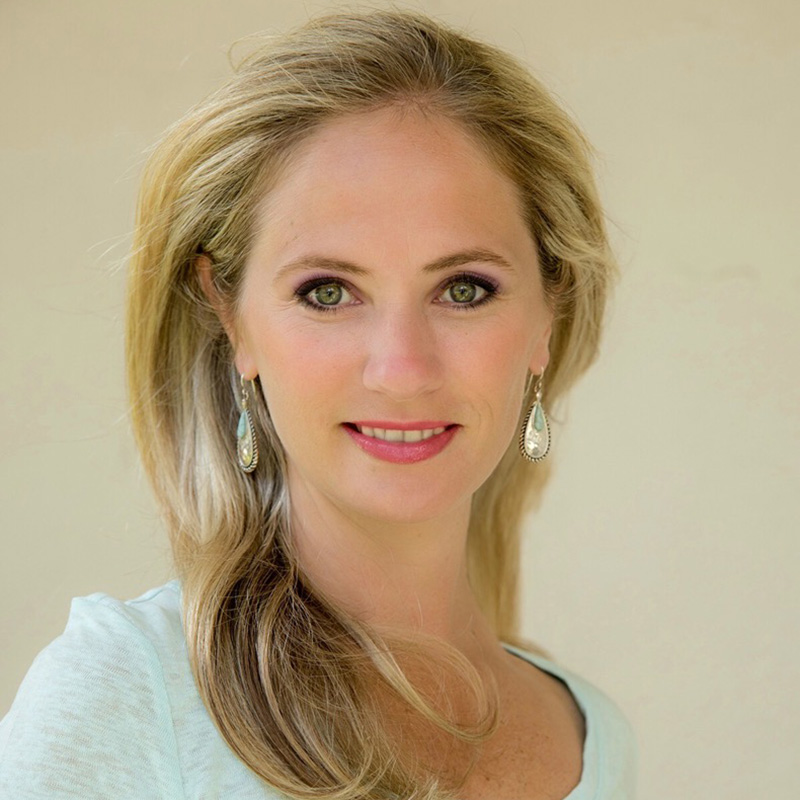
Erin Q. Bonczek
Dance Program Coordinator
School of Arts, Sciences, and Education
Wellness Center (403)
ebonczek@georgian.edu
732-987-2171
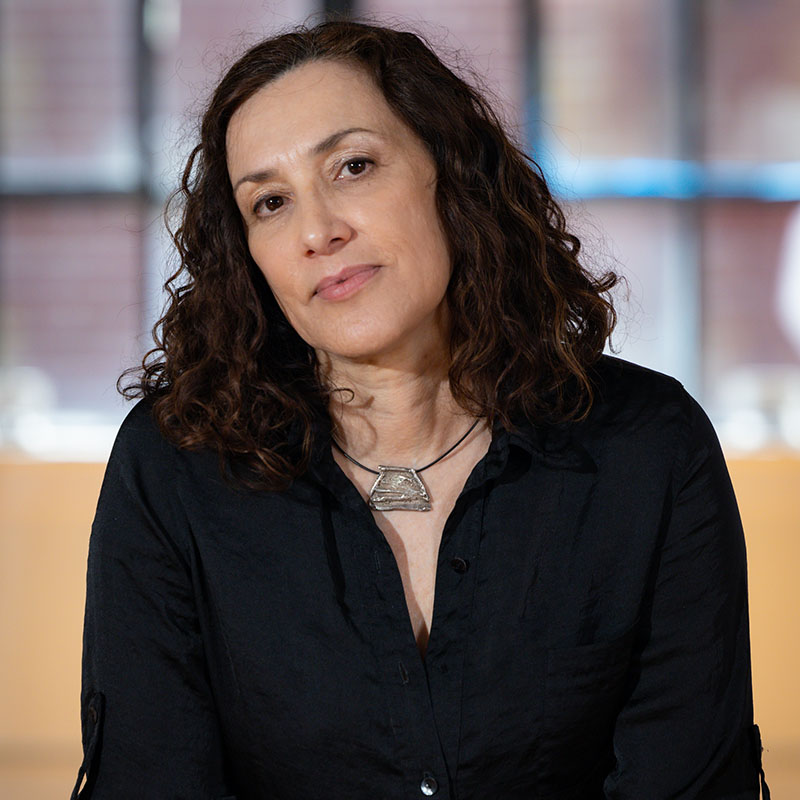
Silvana M. Cardell, M.F.A.
Associate Professor
School of Arts, Sciences, and Education
Wellness Center (402)
scardell@georgian.edu
732-987-2170
If you’re interested in our dance science program, here are other programs at GCU you might be interested in exploring:
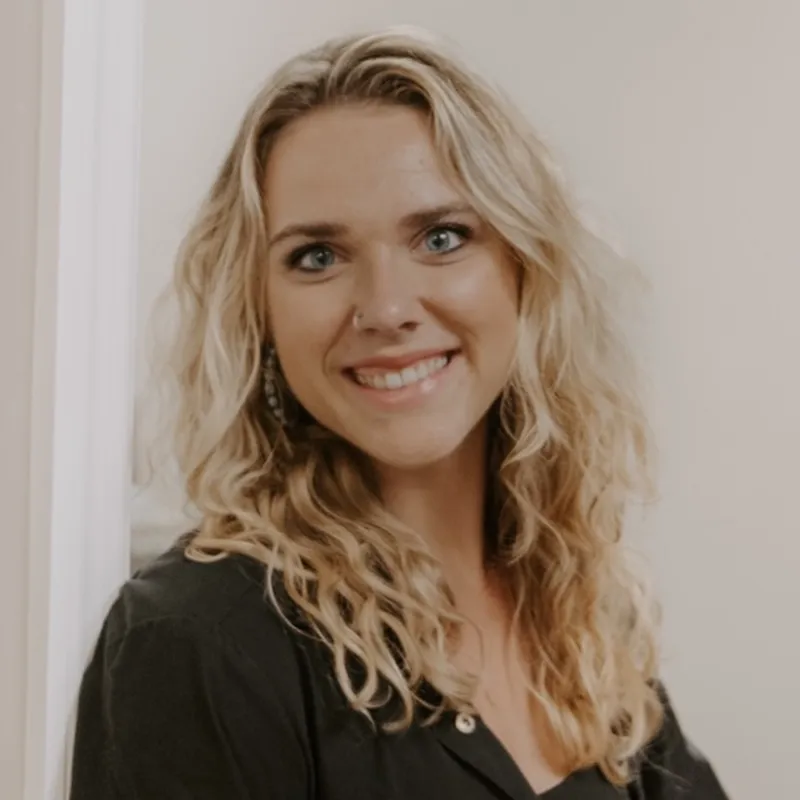
Owner, SomaSonder
Request More Info
IMAGINE YOUR FUTURE AT
GEORGIAN COURT
LEARN HOW TO APPLY
We make applying easy. Get all the details on what you need to start your journey at GCU.
Visit Us
Seeing is believing. Take a look at our campus by driving, walking, or exploring our virtual tour.
GET MORE INFORMATION
Reach out to us and learn more about all GCU has to offer you.
